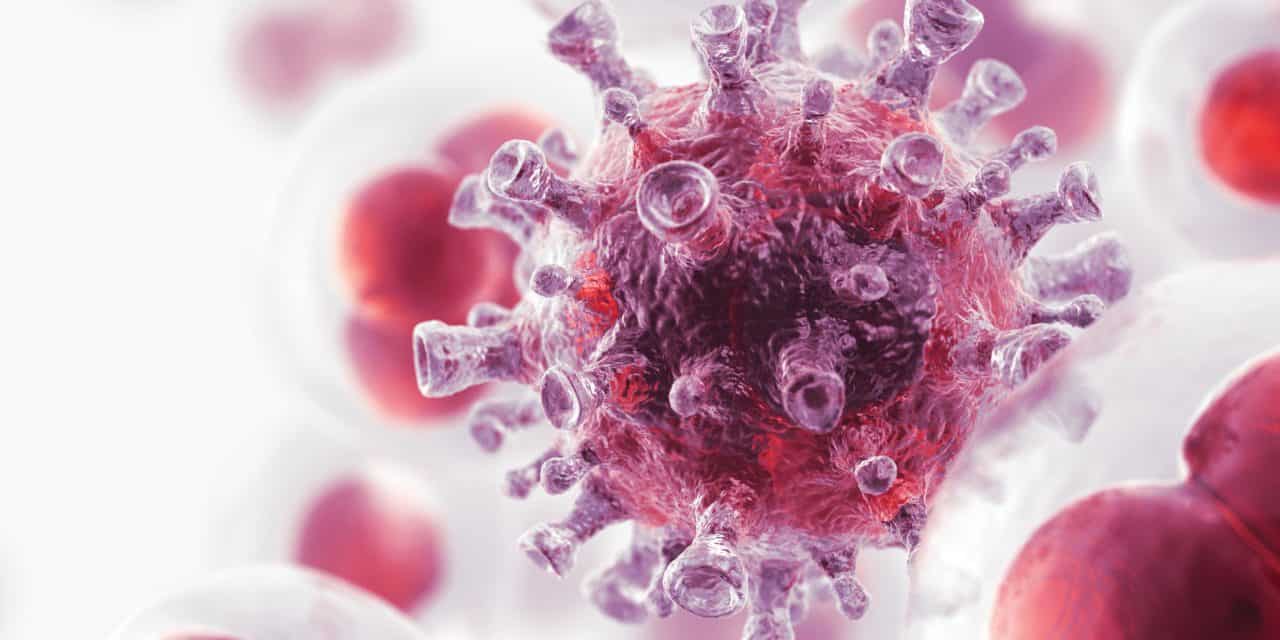Tissue-resident memory T cells have critical roles in long-term pathogen and tumor immune surveillance in the liver. We investigate the role of autophagy in equipping human memory T cells to acquire tissue residence and maintain functionality in the immunosuppressive liver environment. By performing ex vivo staining of freshly isolated cells from human liver tissue, we find that an increased rate of basal autophagy is a hallmark of intrahepatic lymphocytes, particularly liver-resident CD8 T cells. CD8 T cells with increased autophagy are those best able to proliferate and mediate cytotoxicity and cytokine production. Conversely, blocking autophagy induction results in the accumulation of depolarized mitochondria, a feature of exhausted T cells. Primary hepatic stellate cells or the prototypic hepatic cytokine interleukin (IL)-15 induce autophagy in parallel with tissue-homing/retention markers. Inhibition of T cell autophagy abrogates tissue-residence programming. Thus, upregulation of autophagy adapts CD8 T cells to combat mitochondrial depolarization, optimize functionality, and acquire tissue residence.Copyright © 2019 The Author(s). Published by Elsevier Inc. All rights reserved.
Human Liver Memory CD8 T Cells Use Autophagy for Tissue Residence


